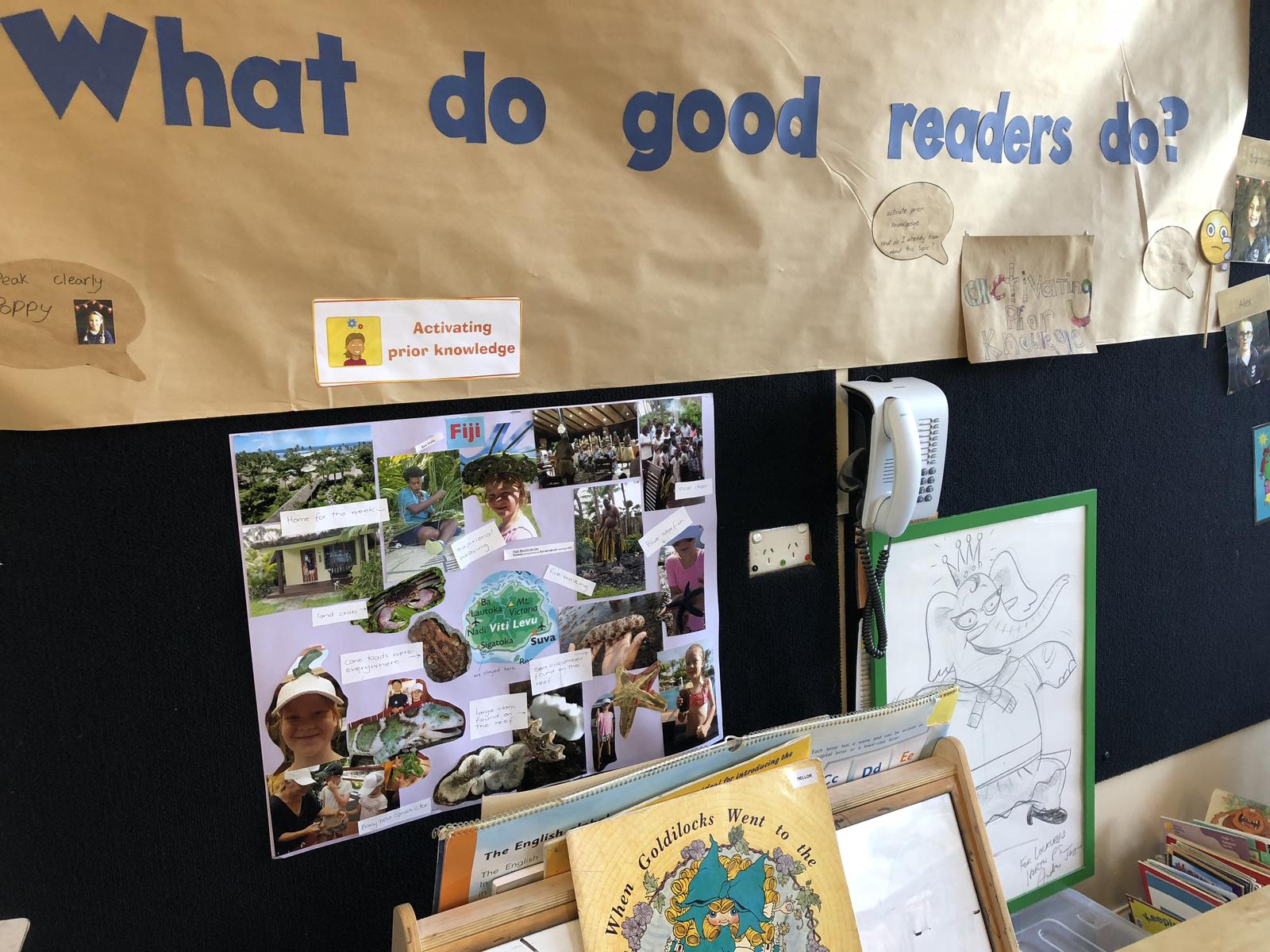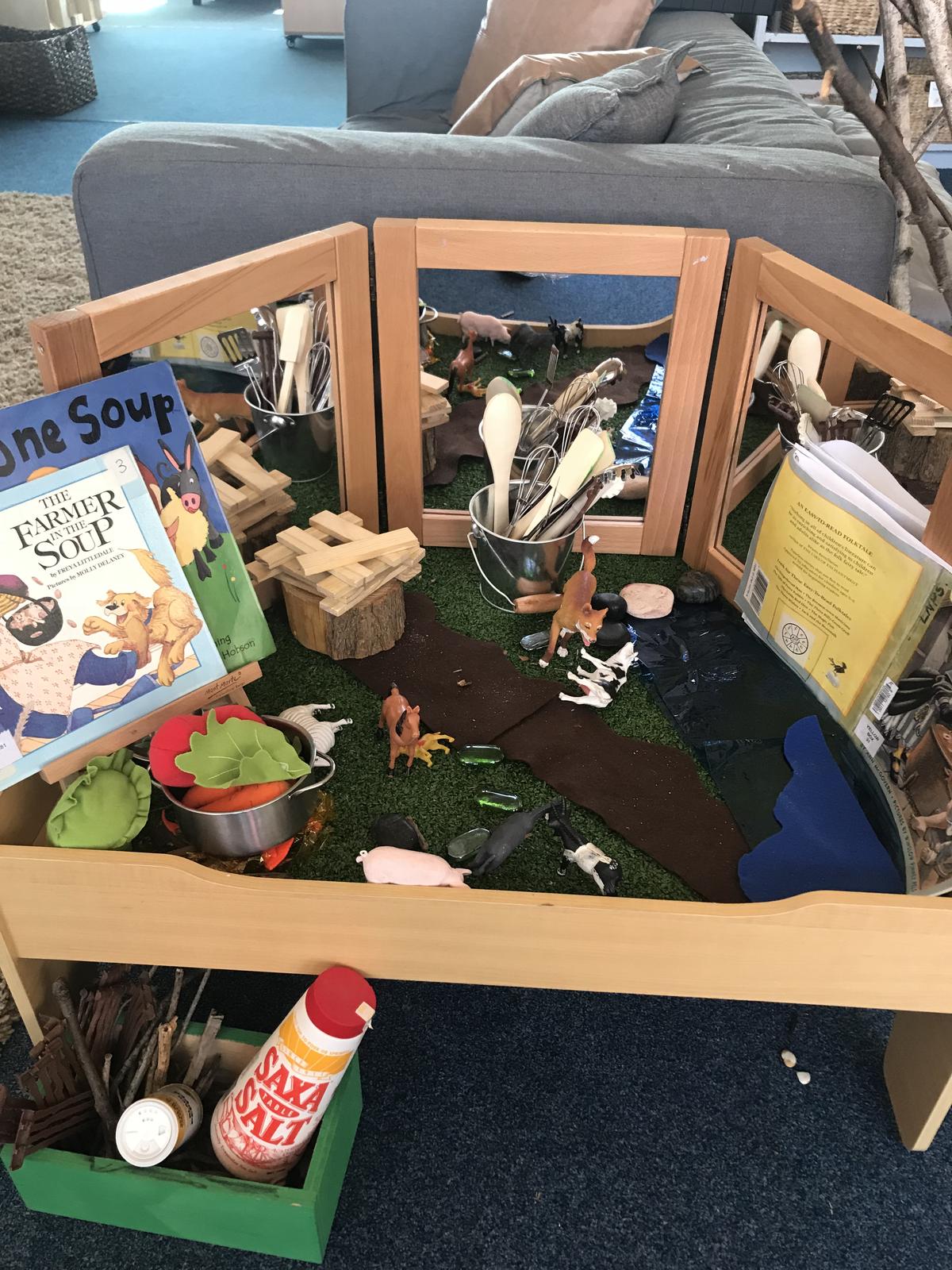Deliver
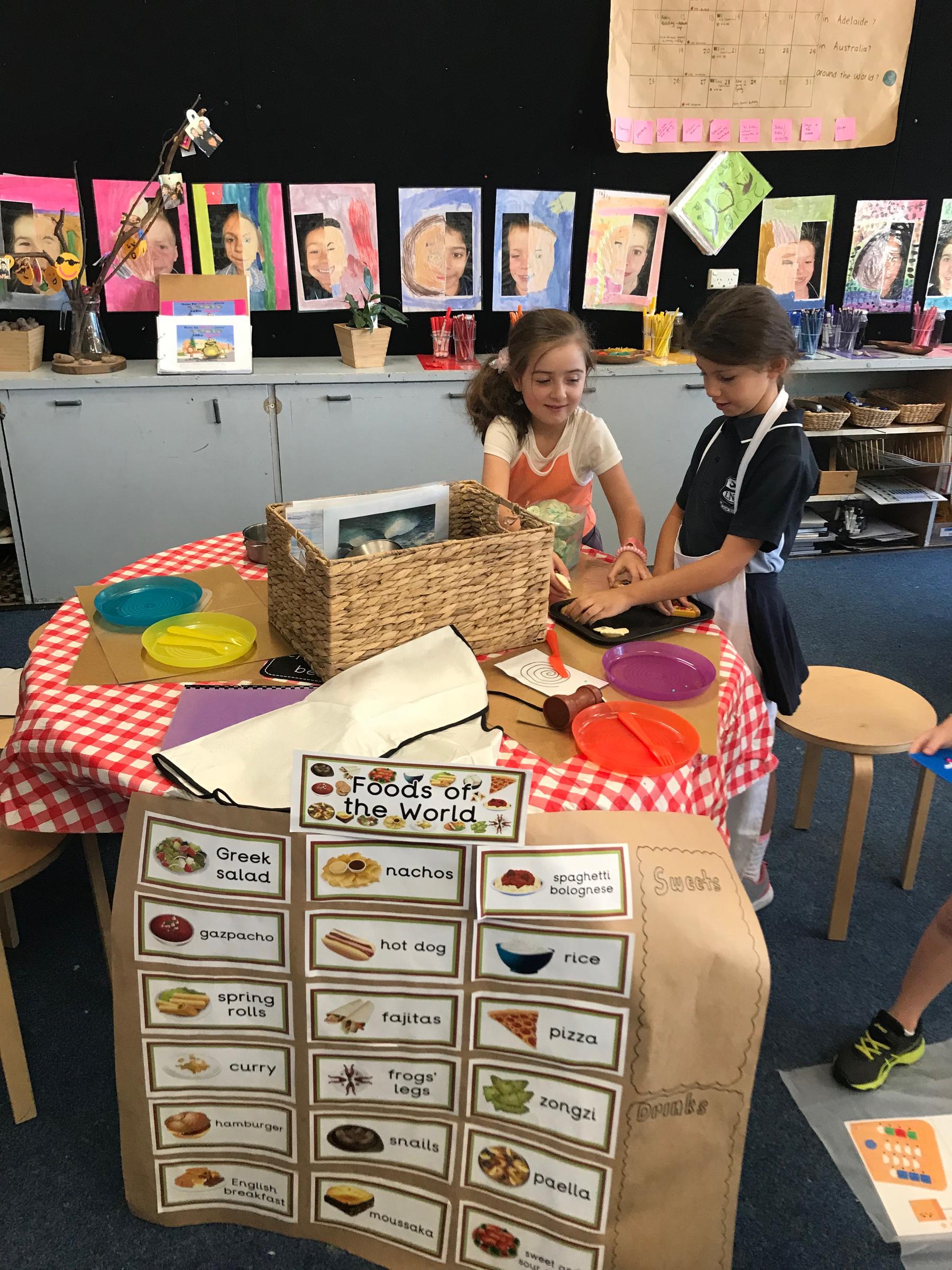
Deliver
All Mellor classes attend two Science lessons per week or one double Science lesson. In Science, we take an inquiry approach allowing students to develop curiosity and wonderings about the world around us. Students have been developing inquiry skills such as predicting, questioning, observing and communicating and we will continue to grow as Scientists this term.
In Term 2, we explored Living Things and Habitats in Biological Sciences which saw us engage in a range of learning experiences including growing seeds and designing and building animal habitats. This term, our focus will be Earth and Space Sciences with topics 'What's the Weather?' and The Earth's Resources.
Week 4 this term will be Science Week. The theme for this year's Science Week is Game Changers and Mellor Scientists will be designing and exploring inventions and sustainable practices through a range of engaging investigations.
Kirsty Stirling
kirsty.stirling756@schools.sa.edu.au
Language learning experiences include listening, speaking, reading and writing. Students interact with peers through action-related talk and play. They exchange greetings, express likes and dislike and use repetitive language to respond to simple instructions and create simple spoken and written texts, using modelled examples and formulaic language. Participation in routine oral interactions such as responding to the class roll, guided activities like singing songs and playing games reinforce vocabulary and help students to gain confidence using the language. Students will understand that all nouns in German begin with a capital letter and recognise the different words for ‘the’ der/die/das introducing the concept of gender for nouns. Repetition and question and answer dialogue is a significant way for conversational language to develop. Our friends, Felix and Franzi (puppets) will continue to be a part of some of our lessons.
Frau Edwards
Elizabeth.Edwards559@schools.sa.edu.au
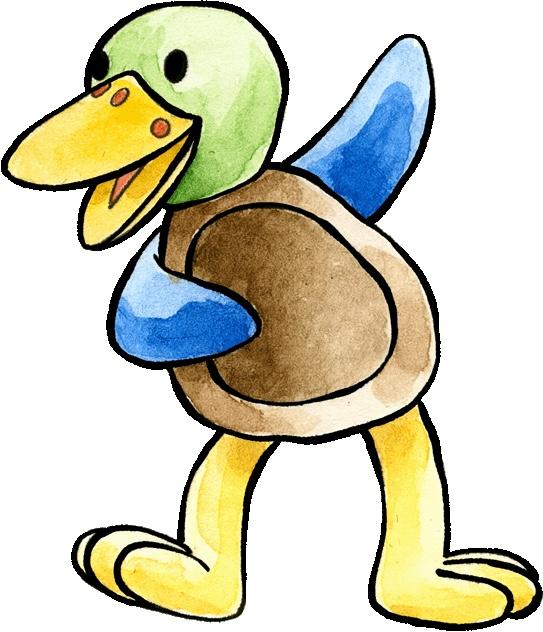

During the upcoming semester all children will continue to consolidate their understanding of number, especially place value.
Place value refers to the value of a digit as determined by its position in a number, relative to the ones (or units) place.
Manipulating concrete (hands on) materials is essential for developing number sense. Playing with popsticks is an inexpensive way to develop number sense to 100 or even to 1,000!
As children play they learn to represent and solve simple addition and subtraction problems using a range of strategies including counting on, partitioning and rearranging parts. Learning to group, partition and rearrange collections up to 1000 in hundreds, tens and ones facilitates more efficient counting. Ask your child to show you his/her number strengths using a collection of popsticks and a die or a jar of lima beans - all inexpensive items.
https://www.mathsisfun.com/place-value.html
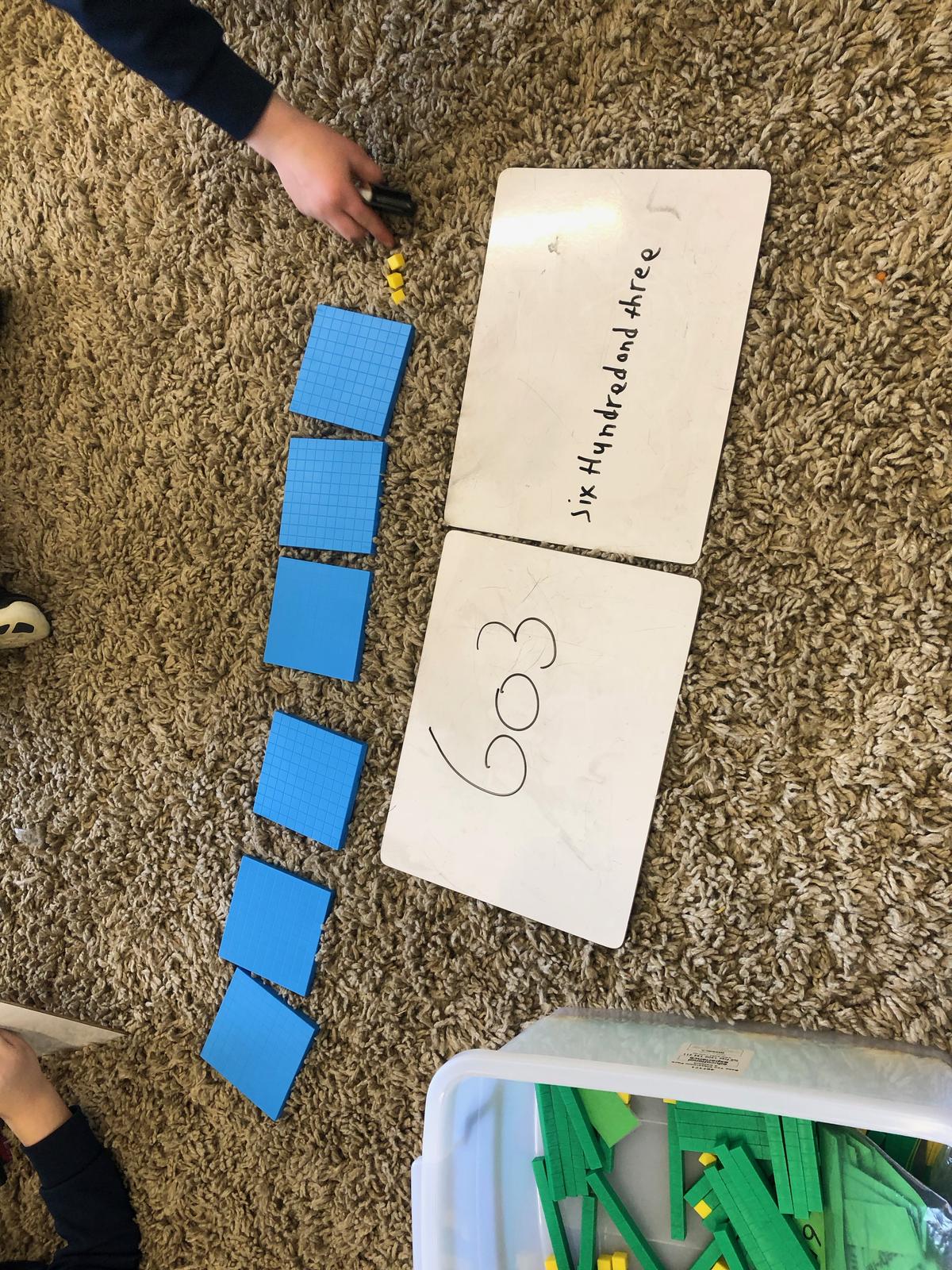
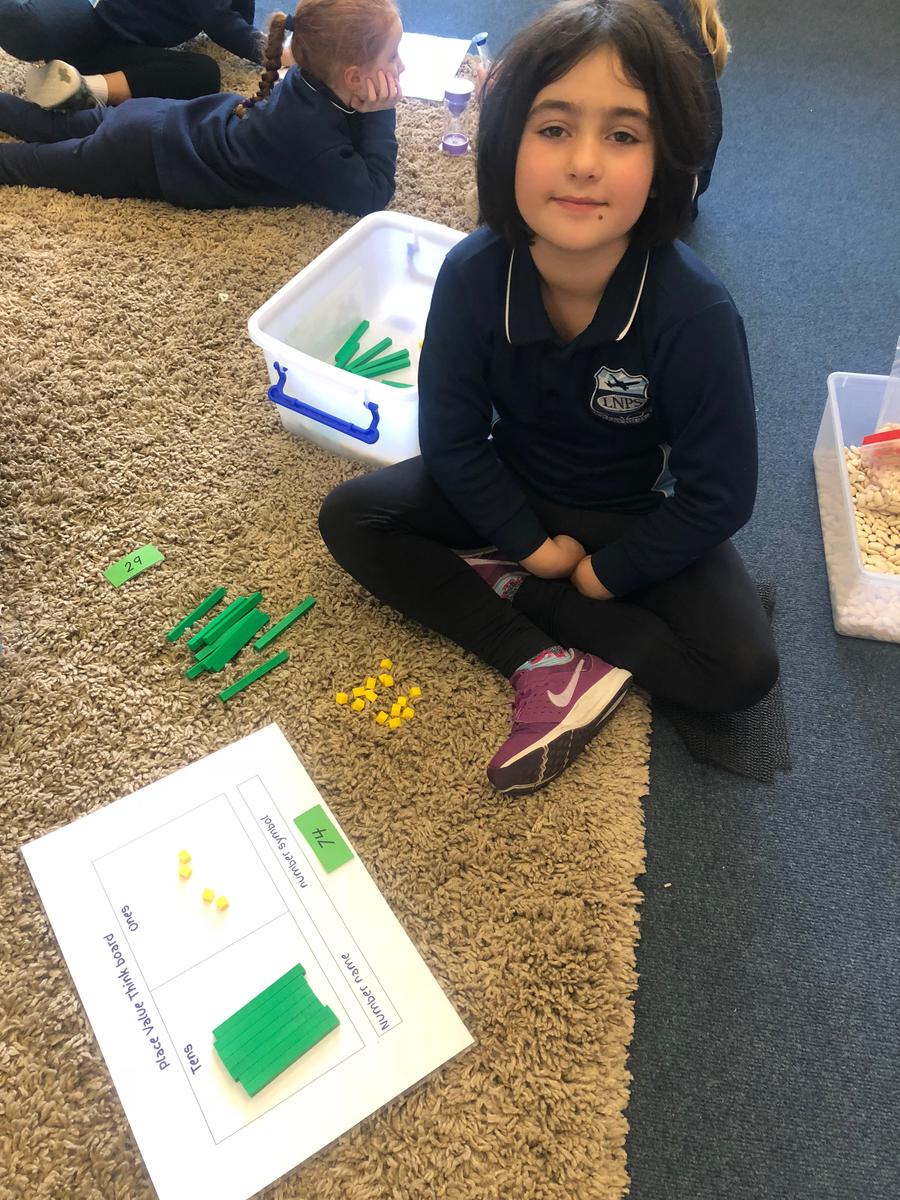
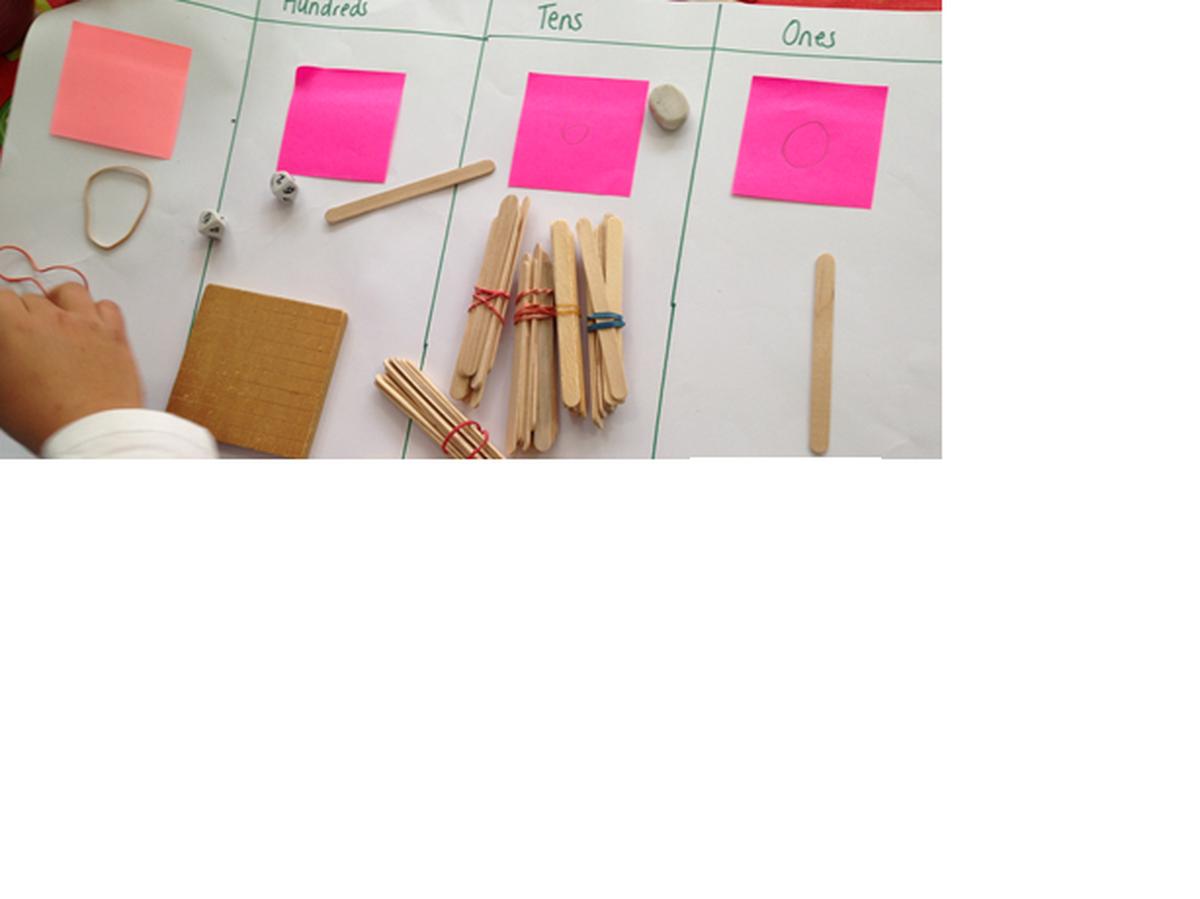



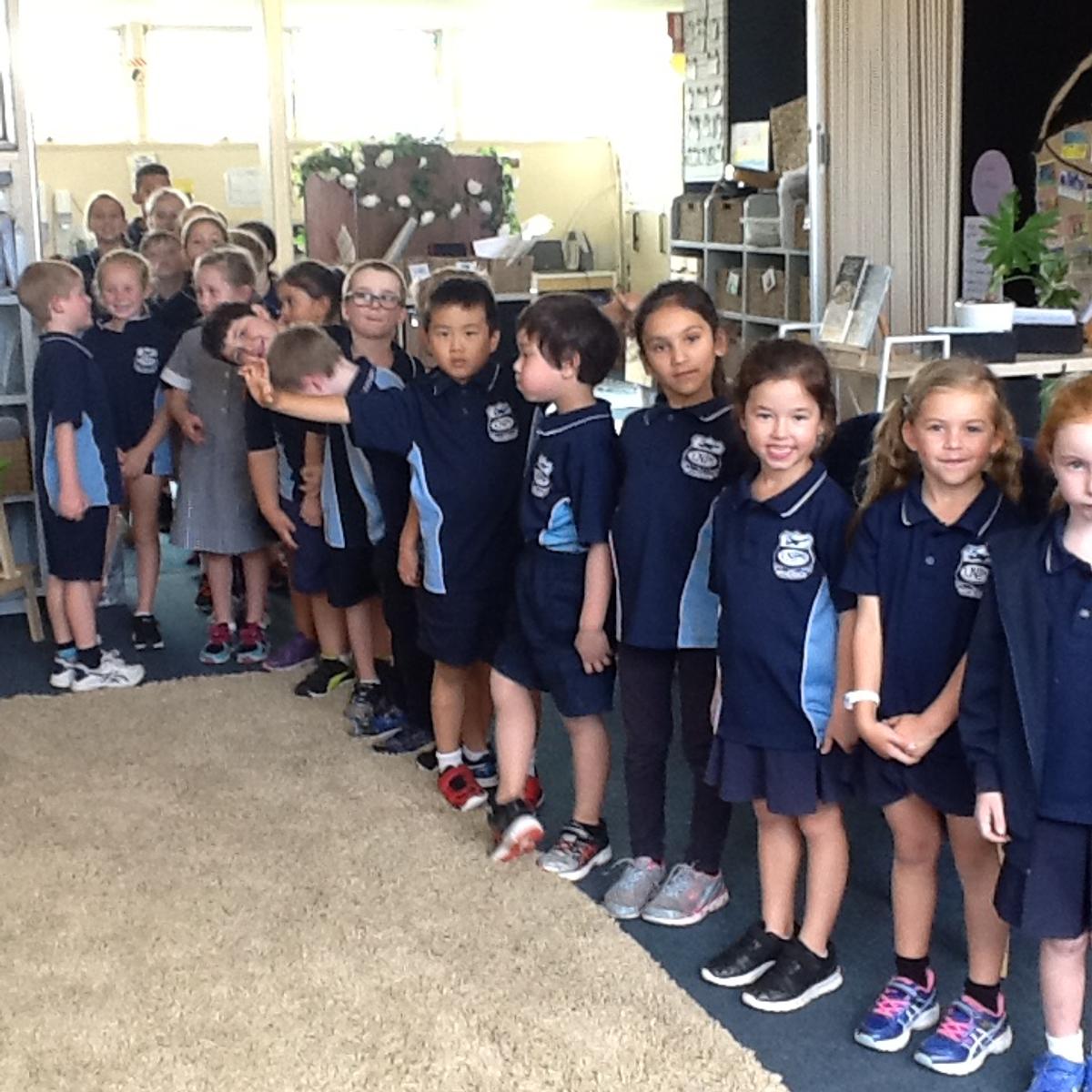
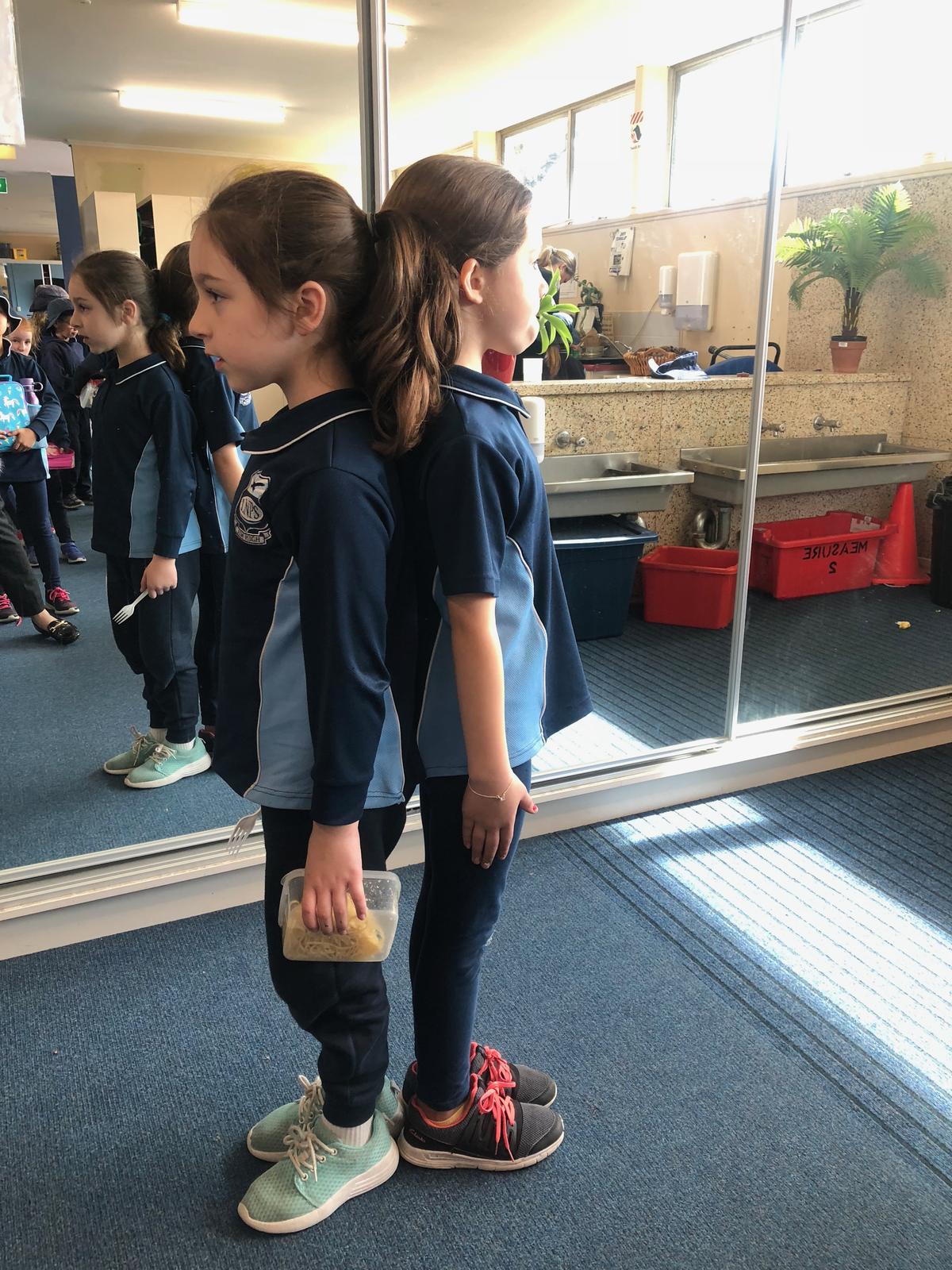
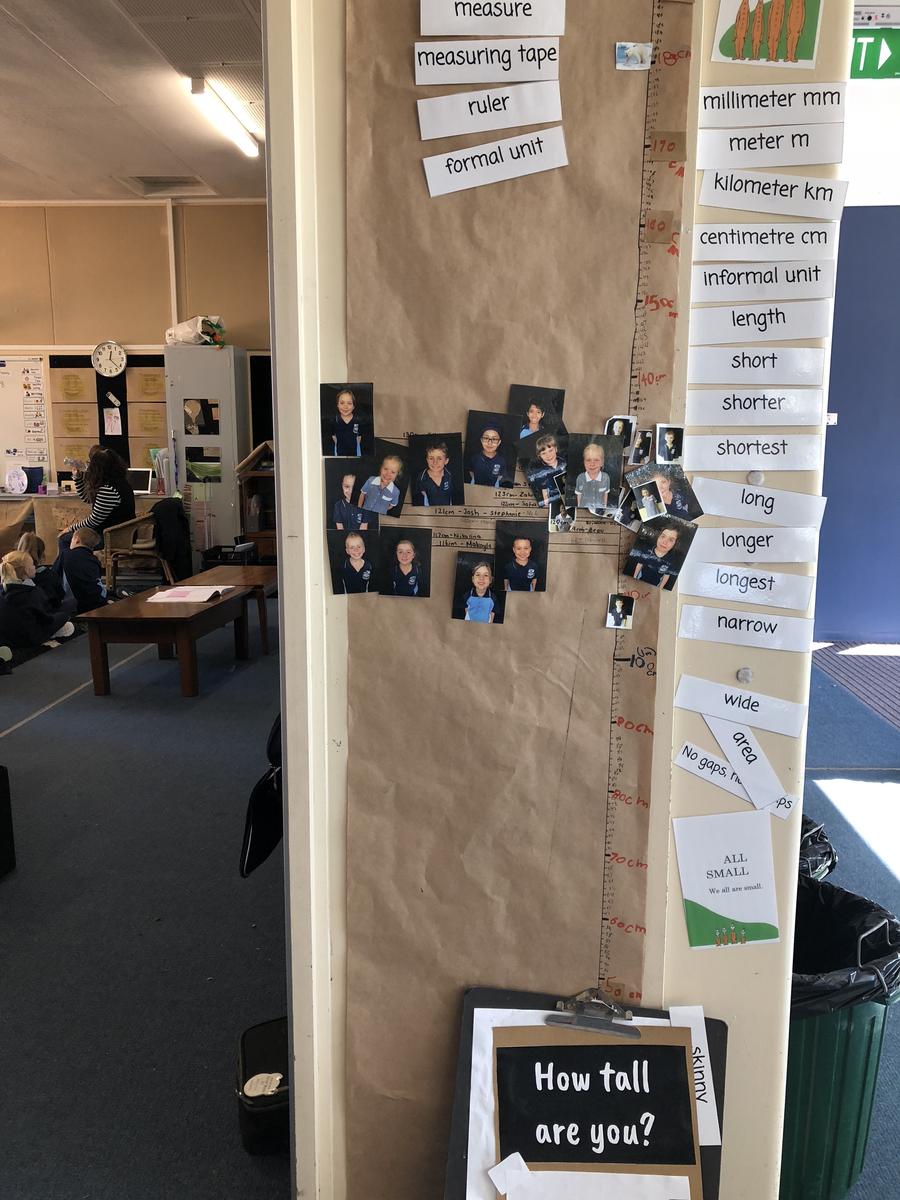



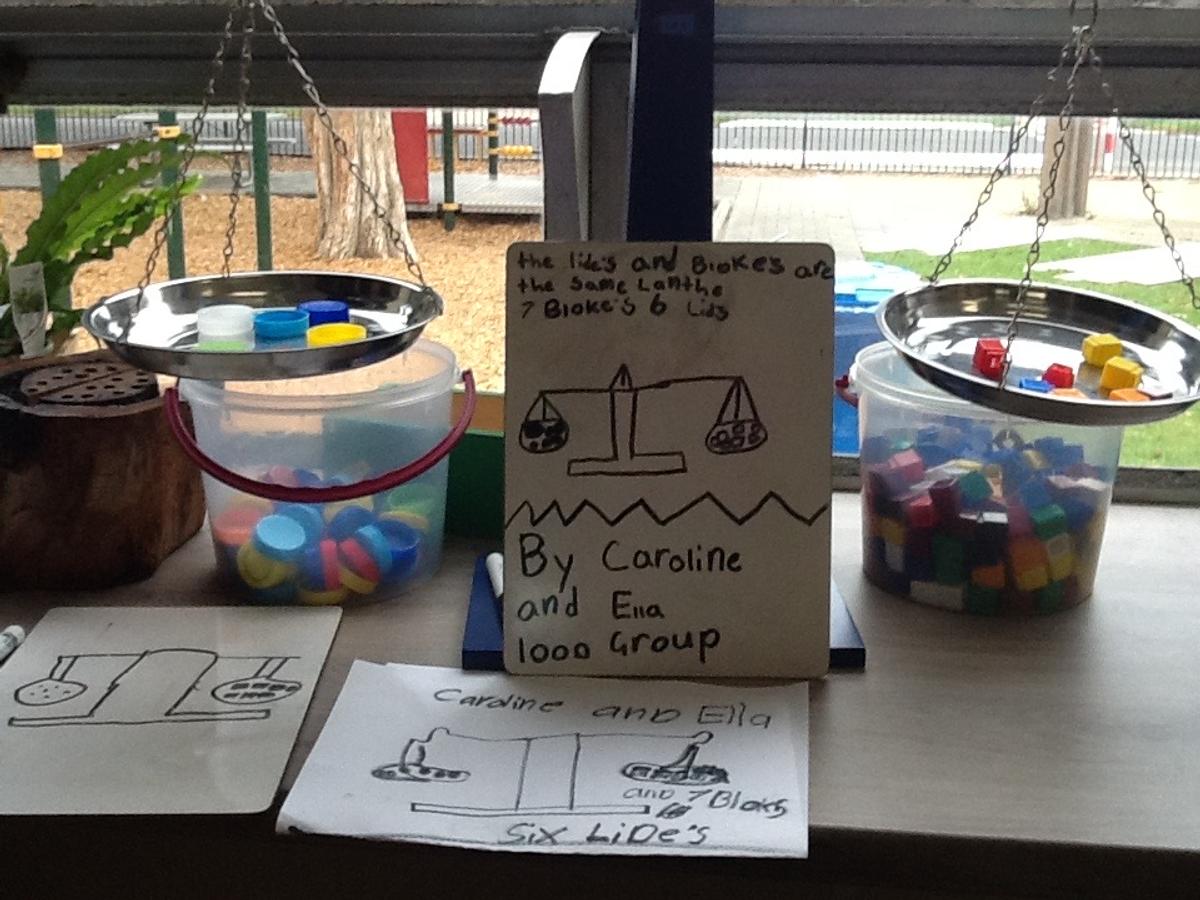
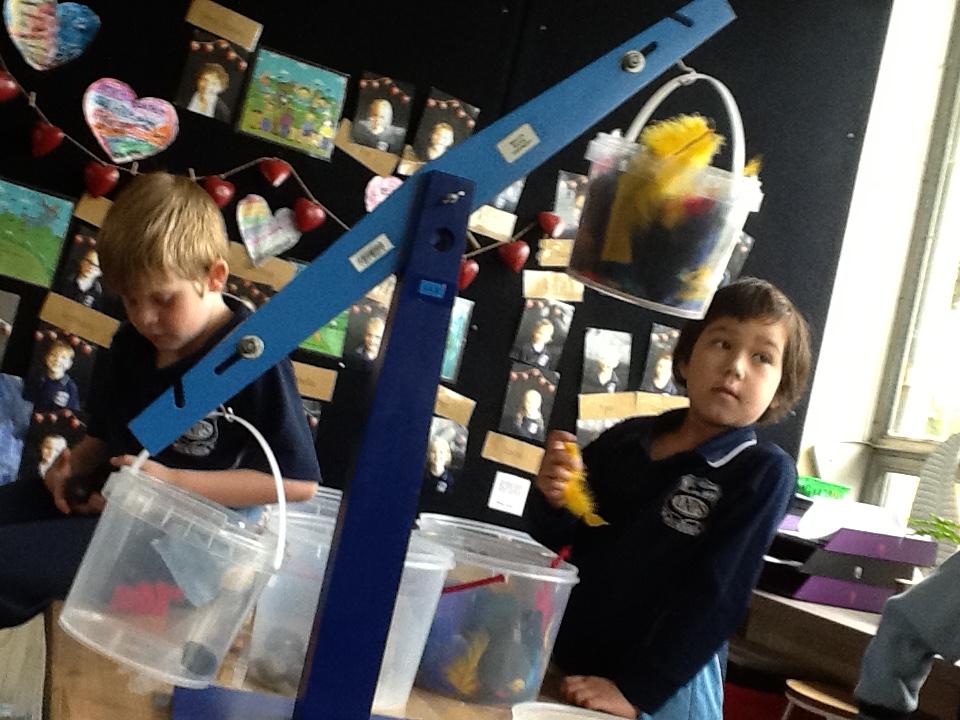
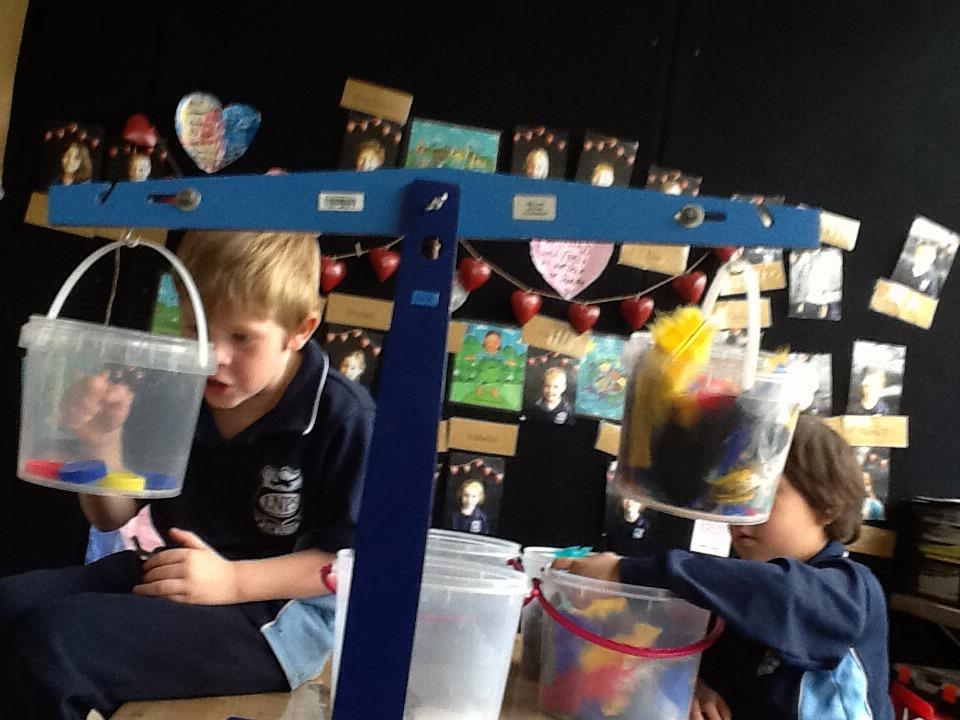
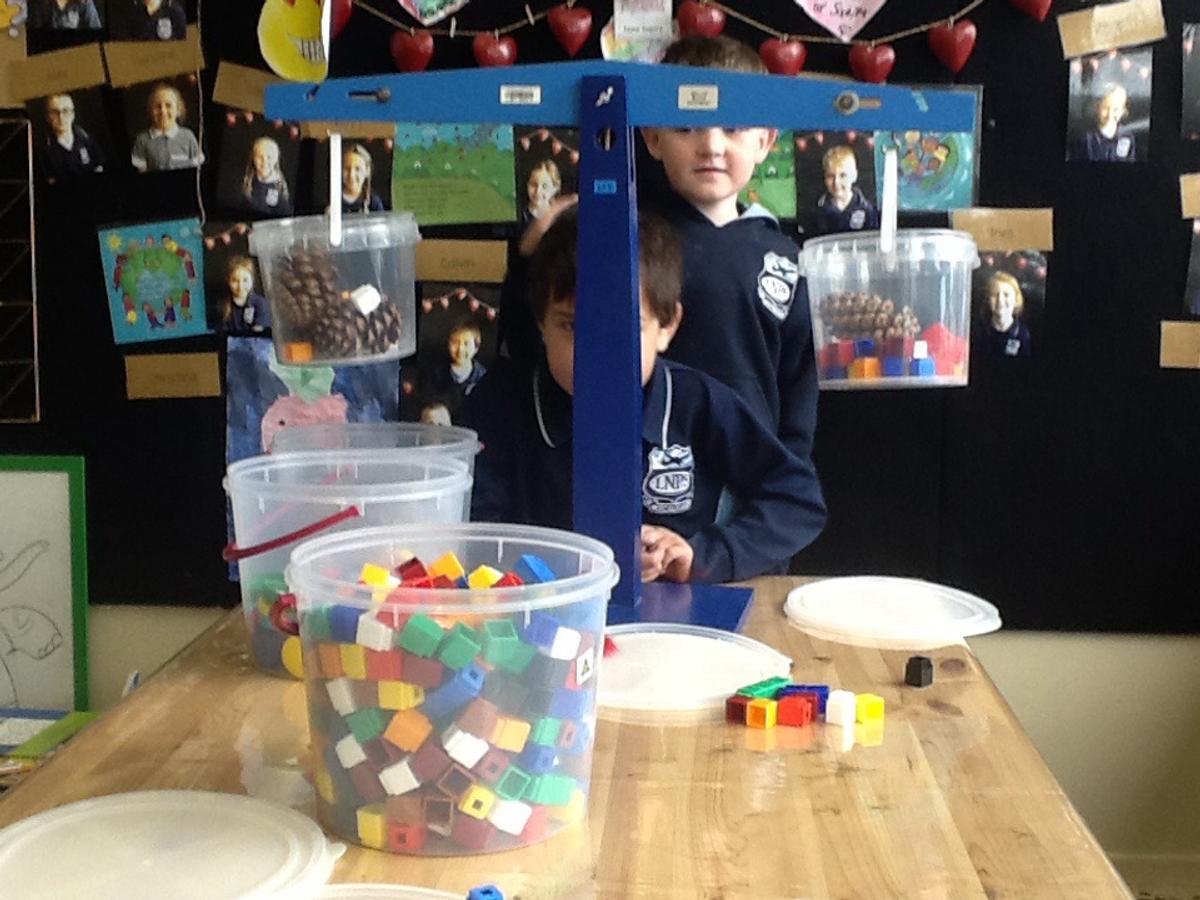
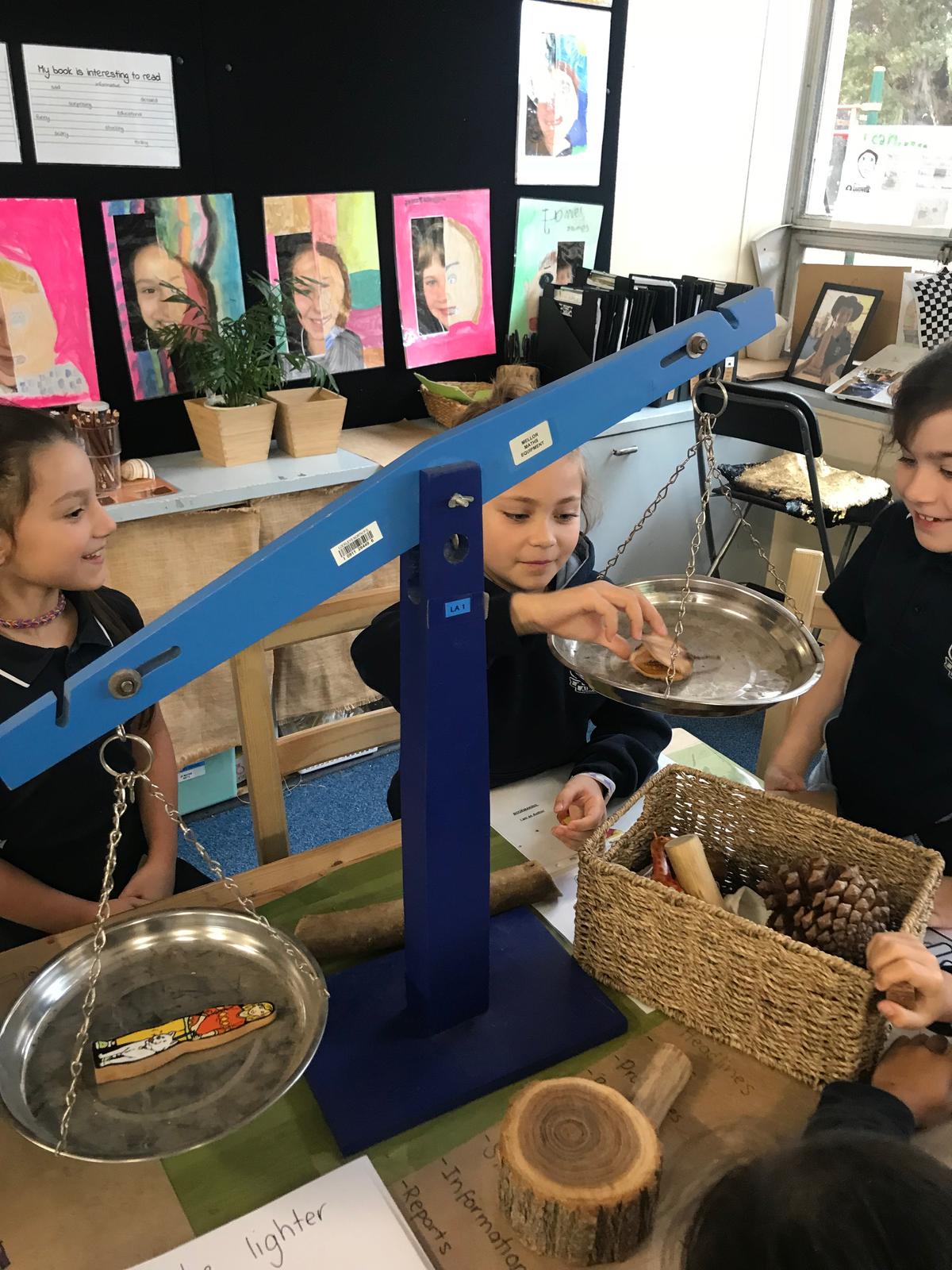





As the semester progresses we will continue to add to our reading comprehension strategies toolbox. Please engage with the activities as they coincide with the Connect 4 homework strategy.
